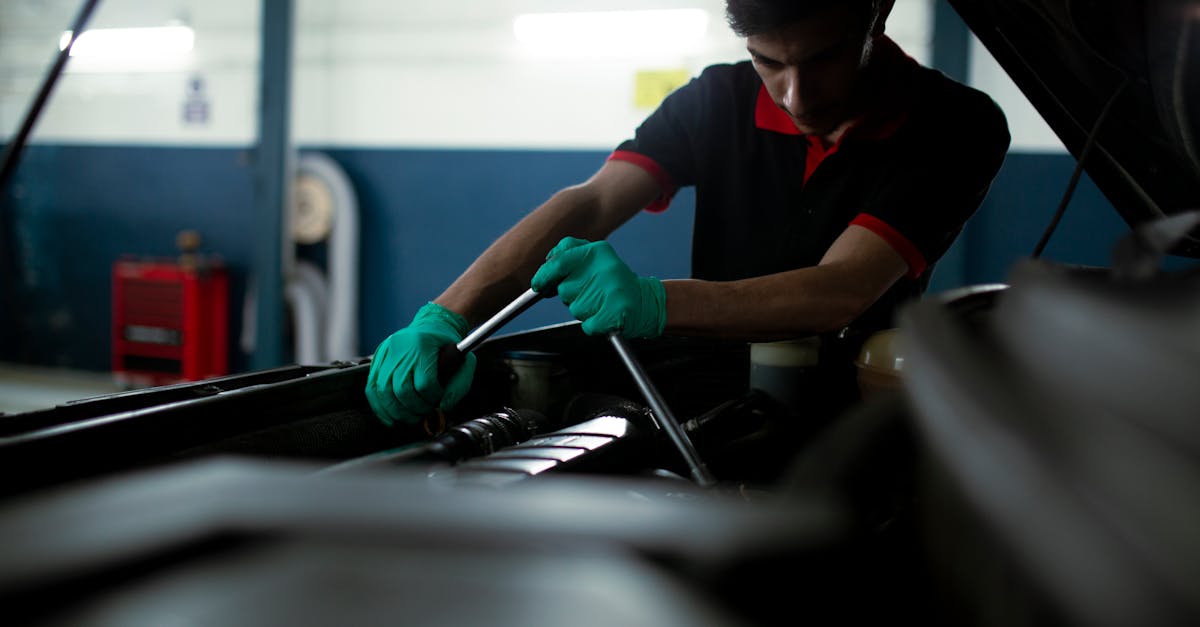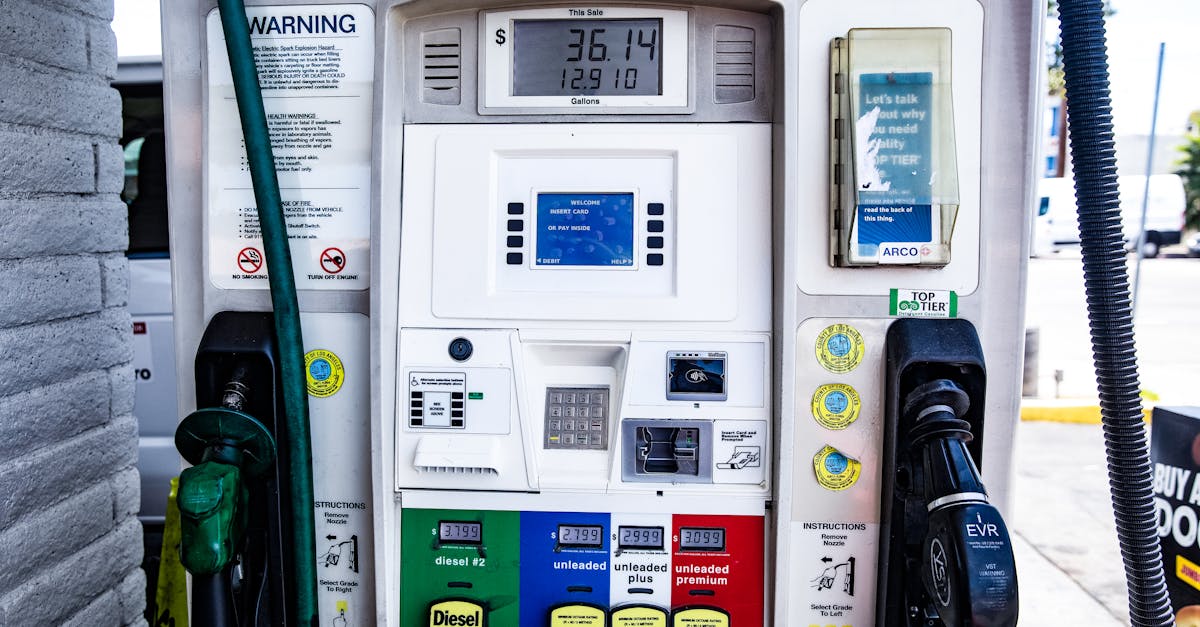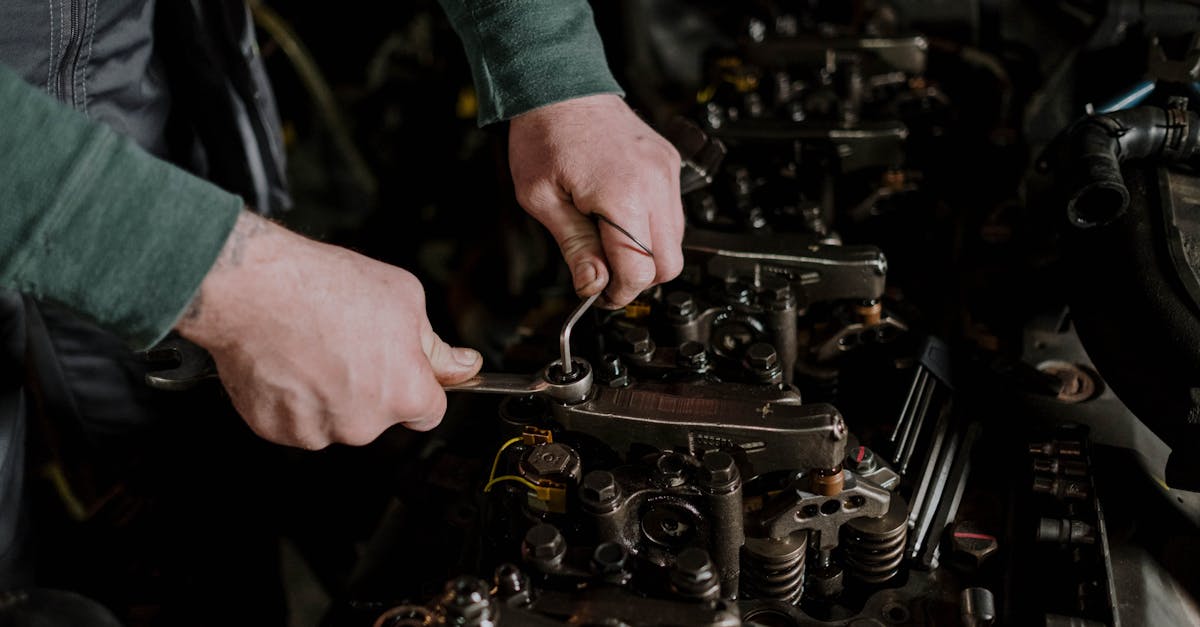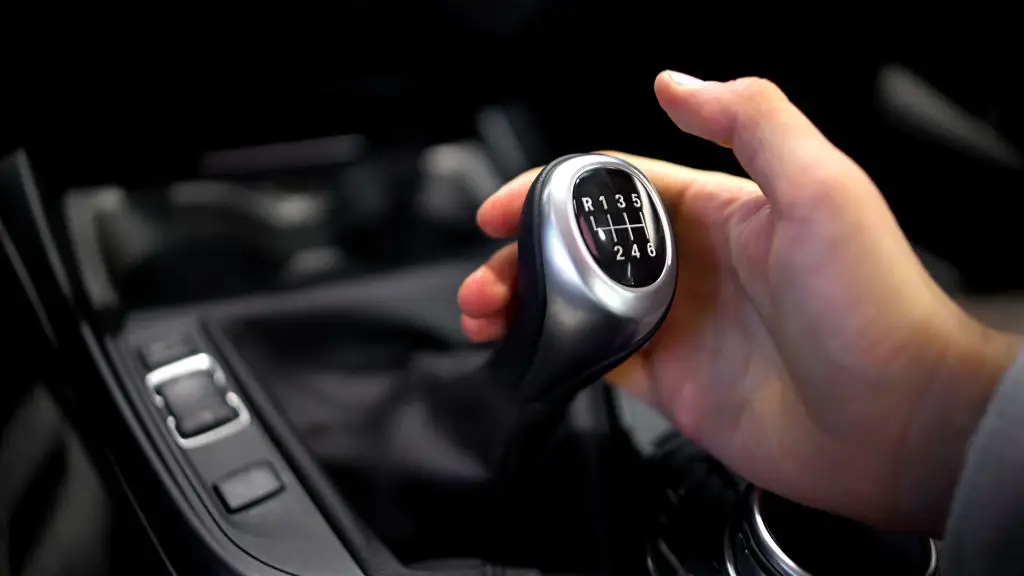Hidden Wear-and-Tear: Signs Your Car Needs Immediate Attention
Your car is more than just a means of transportation; it's a complex machine that requires regular attention and maintenance. While some issues are blatantly obvious, like a flat tire or a dead battery, others are far more subtle, whispering their warnings rather than shouting them. Ignoring these quiet signals can lead to costly repairs or even dangerous situations. This article delves into 12 subtle clues that your car might be giving you, indicating an urgent need for a check-up. From unusual noises to slight changes in performance, each clue is a small piece of a larger puzzle, helping you maintain your vehicle's health and safety.
1. Unusual Engine Noises
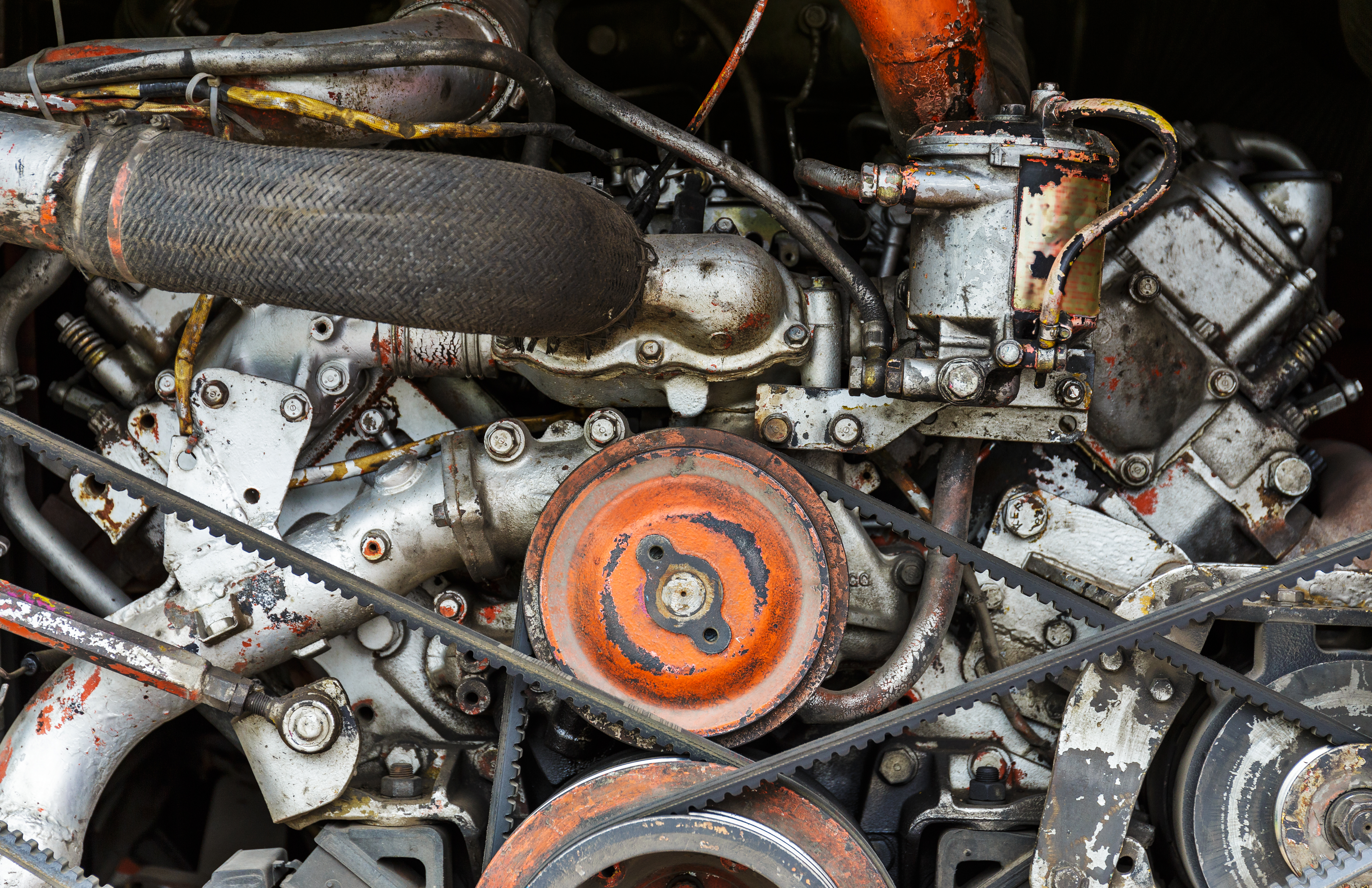
One of the first subtle clues that your car needs attention is the presence of unusual engine noises. While some sounds are normal, such as the hum of a well-tuned engine, others can signal trouble. Listen for knocking, tapping, or hissing noises, which might indicate issues ranging from worn-out spark plugs to a malfunctioning exhaust system. A knocking sound often points to problems with the engine's combustion process, while hissing could suggest a vacuum leak. Paying attention to these auditory signals can help you catch potential issues early, preventing further damage and ensuring your car runs smoothly.
2. Changes in Fuel Efficiency

A noticeable drop in your car's fuel efficiency is another subtle hint that something might be amiss. If you find yourself visiting the gas station more frequently without any changes in your driving habits, it could be a sign of underlying problems. Issues such as a dirty air filter, faulty oxygen sensors, or a clogged fuel injector can all contribute to decreased fuel economy. Keeping track of your car's mileage and fuel consumption can help you identify these changes early, allowing you to address the root cause before it escalates into a more serious problem.
3. Vibrations or Shaking

If you experience unusual vibrations or shaking while driving, it may be a clue that your car needs a check-up. This can occur for various reasons, such as unbalanced tires, misaligned wheels, or worn-out suspension components. Vibrations can also be felt through the steering wheel, indicating potential issues with the power steering system or wheel bearings. Ignoring these vibrations can lead to uneven tire wear, reduced driving comfort, and even safety hazards. Addressing the source of the vibrations promptly can help maintain your vehicle's performance and ensure a smoother ride.
4. Difficulty Starting the Engine
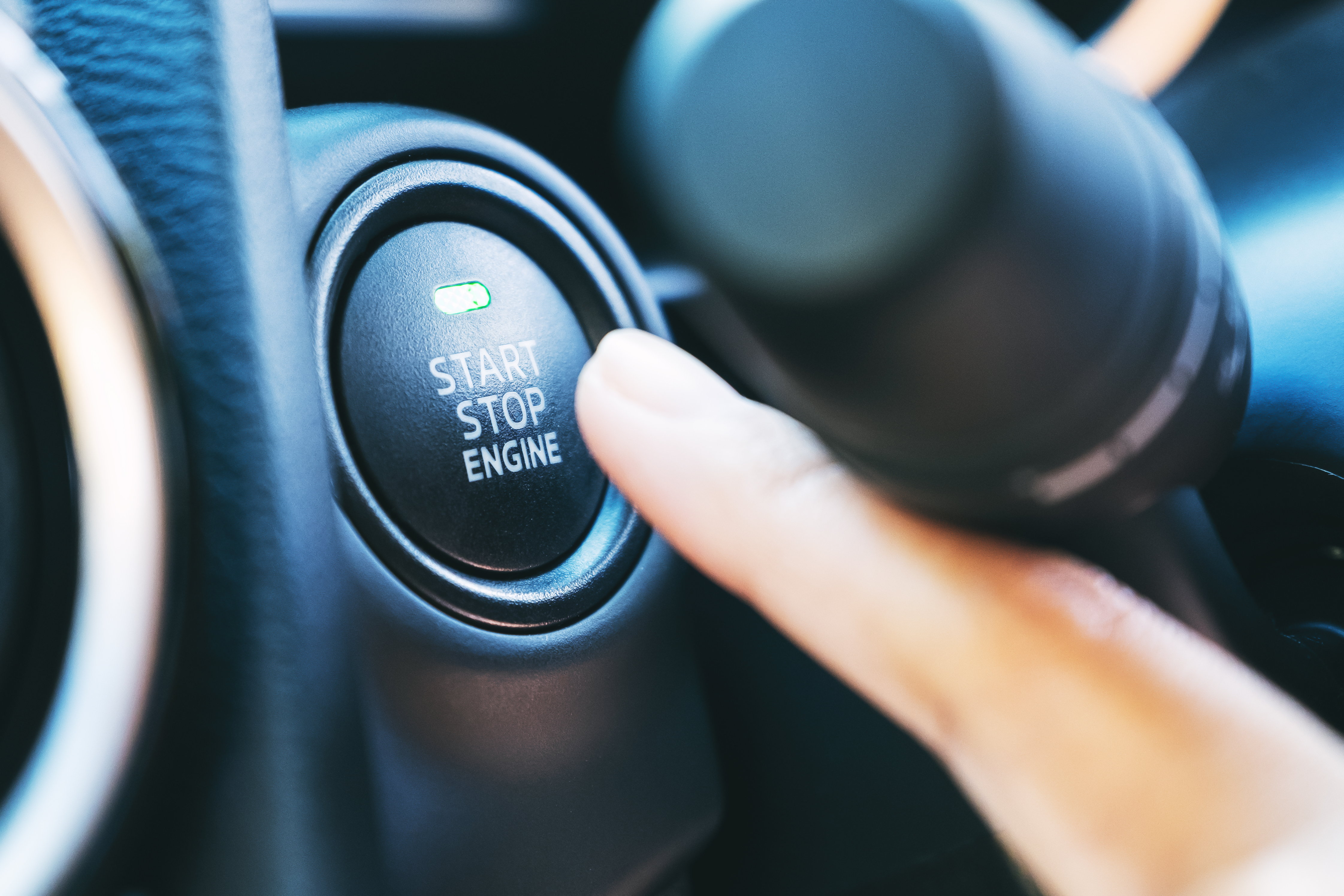
Experiencing difficulty starting your car's engine is a clear sign that something might be wrong. While it might seem like a minor inconvenience, it could indicate more significant issues such as a failing battery, a faulty starter motor, or problems with the fuel delivery system. If your car struggles to start, especially during cold weather, it might also point to issues with the ignition system. Addressing these problems early can prevent you from being stranded with a car that won't start and can save you from costly repairs down the line.
5. Warning Lights on the Dashboard
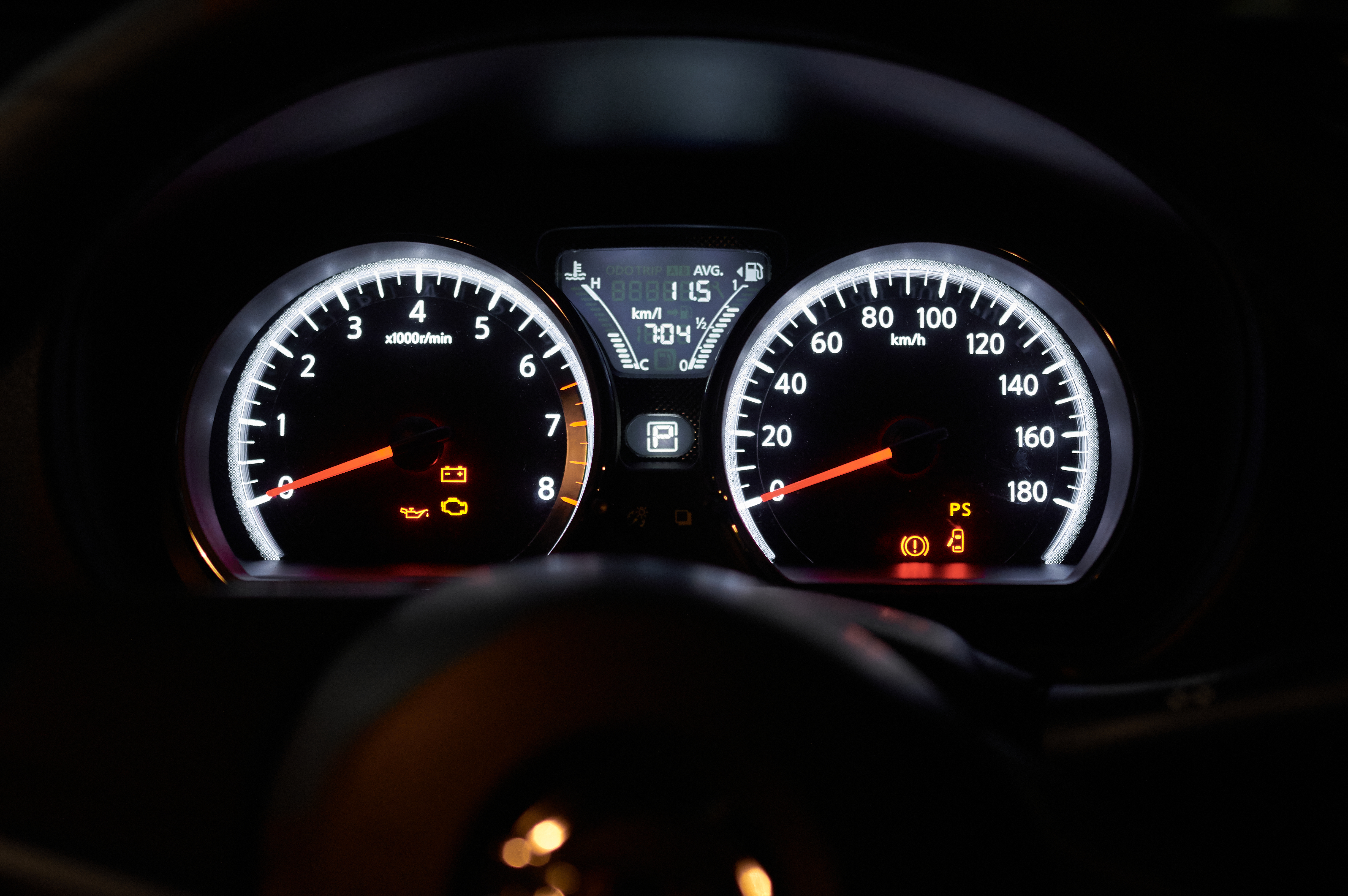
Modern vehicles are equipped with sophisticated onboard diagnostics systems that alert drivers to potential issues. If warning lights appear on your dashboard, it's a clear sign that your car needs attention. Whether it's the check engine light, ABS warning, or oil pressure indicator, these lights are designed to alert you to specific problems. Ignoring them can lead to severe damage and costly repairs. It's crucial to have your car's diagnostic codes read by a professional to determine the exact issue and address it promptly, ensuring your vehicle remains in optimal condition.
6. Unpleasant Smells

Unusual or unpleasant smells emanating from your car can be a subtle yet significant clue that something is wrong. A sweet smell might indicate a coolant leak, while a burning odor could suggest an overheated engine or electrical issue. The smell of gasoline inside the cabin can signal a fuel system leak, which poses a serious safety risk. Paying attention to these olfactory signals can help you identify and address potential problems early, preventing further damage and ensuring your car remains safe and reliable.
7. Fluid Leaks

Spotting fluid leaks under your car is another subtle sign that your vehicle might need a check-up. Different fluids serve various functions, from lubricating the engine to ensuring smooth braking. If you notice puddles or stains on your driveway, it could indicate a leak in the engine oil, transmission fluid, brake fluid, or coolant. Each fluid has a distinct color and consistency, helping you identify the source of the leak. Addressing fluid leaks promptly is essential to prevent significant mechanical failures and maintain your car's performance and safety.
8. Changes in Braking Performance

Your car's braking system is crucial for safety, and any changes in its performance should not be ignored. If you notice that your car takes longer to stop, the brake pedal feels spongy, or you hear squealing or grinding noises, it's a clear sign that your brakes need attention. These symptoms could indicate worn-out brake pads, air in the brake lines, or issues with the brake rotors. Regularly inspecting and maintaining your braking system can prevent accidents and ensure your vehicle remains safe to drive.
9. Steering Difficulties

If you experience difficulty steering your car or notice that it pulls to one side, it might be a subtle clue that your vehicle needs a check-up. These issues can arise from misaligned wheels, low power steering fluid, or worn-out steering components. A car that is hard to steer or doesn't respond predictably can pose a serious safety risk, especially at high speeds. Addressing steering issues promptly can help you maintain control of your vehicle, ensuring a safer and more comfortable driving experience.
10. Exhaust Smoke
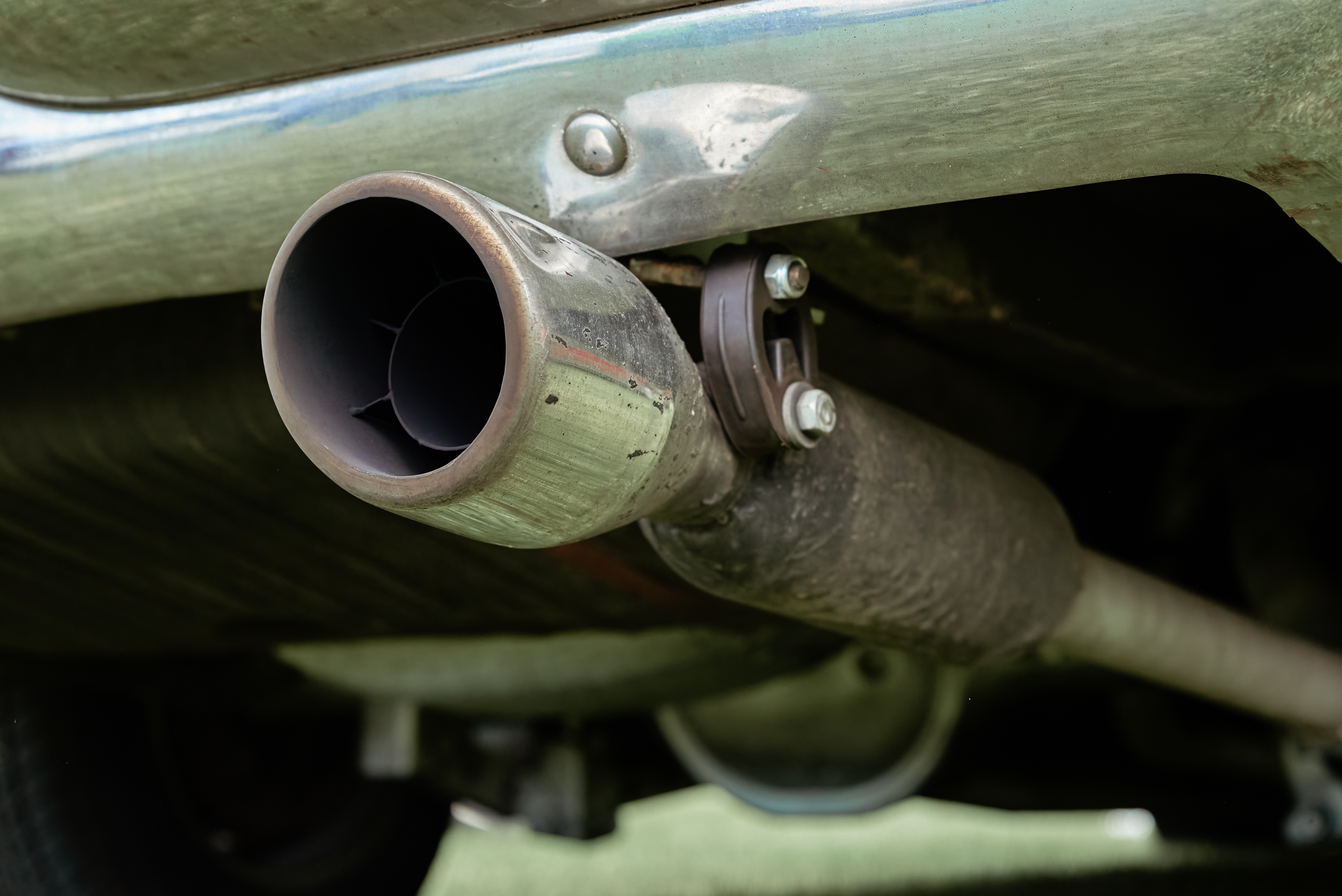
The color and consistency of your car's exhaust smoke can provide valuable insights into its health. Blue smoke might indicate burning oil, while white smoke could suggest a coolant leak. Black smoke often points to a rich fuel mixture or a clogged air filter. These subtle clues can help you diagnose potential issues with your engine or exhaust system. Monitoring your car's exhaust and addressing any unusual smoke can prevent further damage and ensure your vehicle runs efficiently and cleanly.
11. Transmission Troubles

Subtle signs of transmission trouble can include delayed shifting, slipping gears, or strange noises when changing gears. The transmission is a vital component of your car, and any issues with it can lead to costly repairs if not addressed promptly. Regularly checking your transmission fluid levels and condition can help you catch potential problems early. Ensuring your transmission operates smoothly is crucial for maintaining your car's performance and extending its lifespan.
12. Uneven Tire Wear
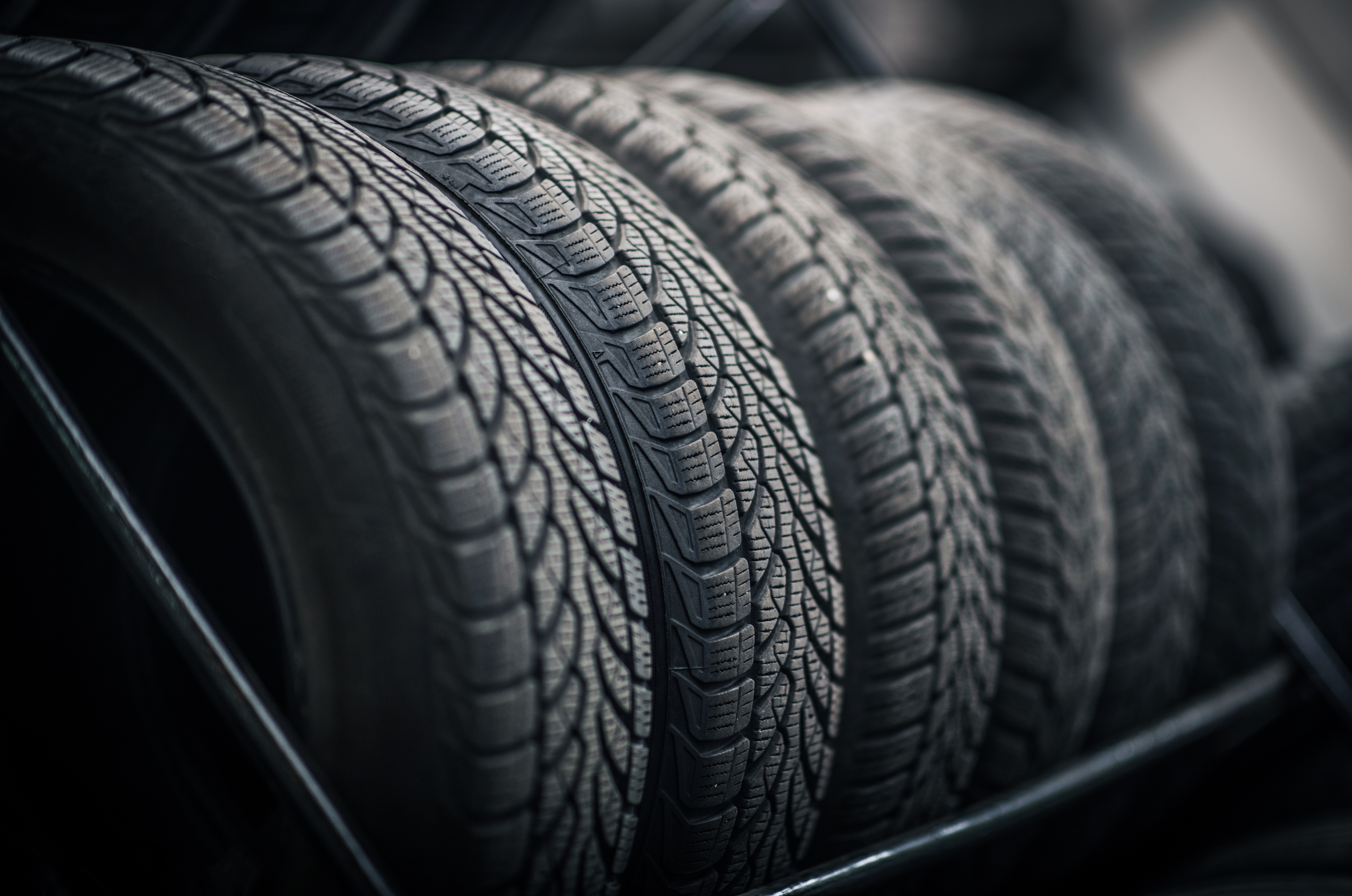
Uneven tire wear is a subtle clue that your car might need a check-up. It can result from misaligned wheels, improper tire pressure, or suspension issues. Regularly inspecting your tires for uneven wear patterns can help you identify these underlying problems. Addressing them promptly can improve your car's handling, extend the life of your tires, and enhance overall safety. Ensuring your tires wear evenly is essential for maintaining optimal contact with the road and providing a smooth, safe ride.
Heeding the Whispered Warnings

Your car communicates with you in subtle ways, offering clues about its health and well-being. By paying attention to these 12 signals, you can catch potential issues early, preventing costly repairs and ensuring your vehicle remains safe and reliable. Regular maintenance and prompt attention to these subtle warnings can extend the life of your car, improve its performance, and provide peace of mind. Listen to your vehicle's whispers, and you'll be rewarded with a smoother, safer driving experience.

